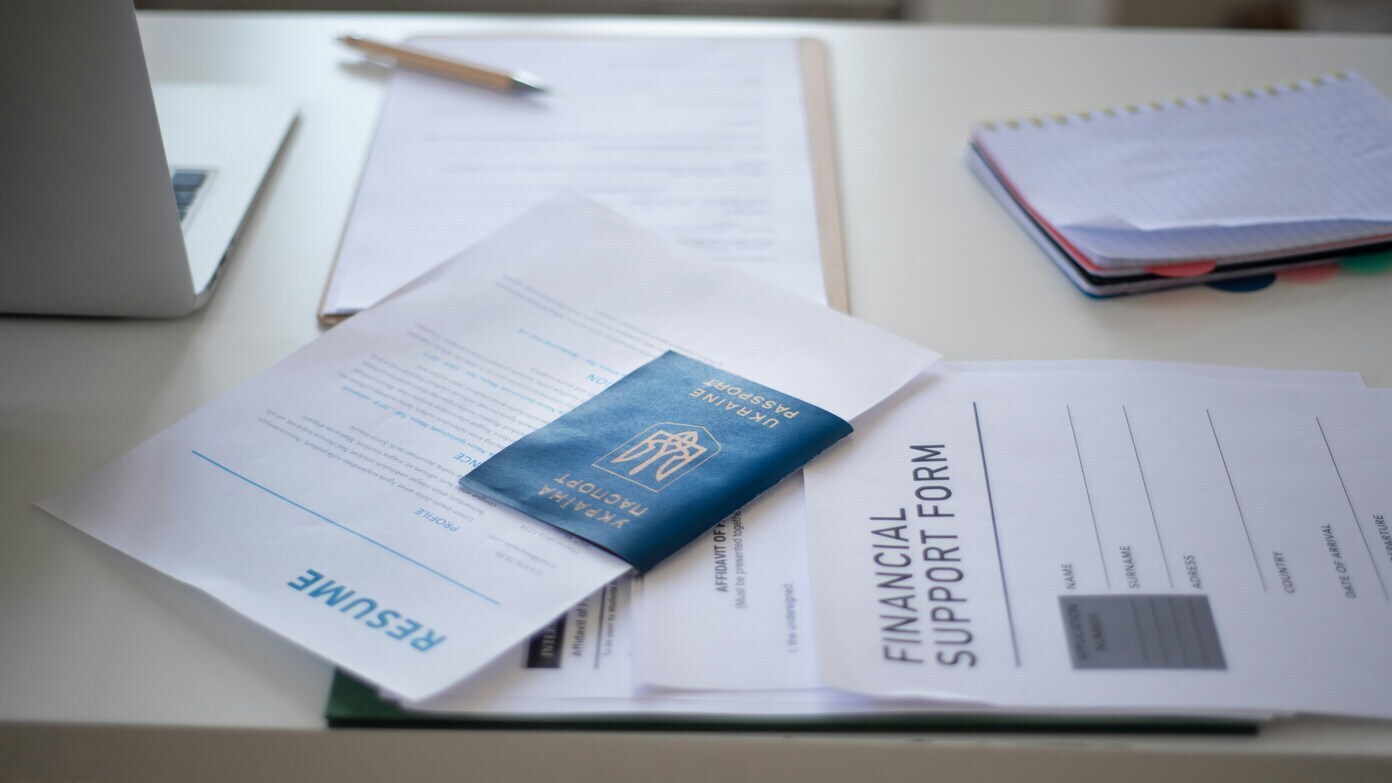Once you have a U.S. green card, you’re protected from being kicked out of the country. But that’s not always true. Green card holders (also called lawful permanent residents) can still be deported if they break certain laws or rules.
Let me explain what you need to know—step by step—so you don’t risk losing your permanent resident status.
What does “deportable” mean?
Being deportable means that the U.S. government can legally remove you from the country. You may not be forced to leave right away, but immigration officials can take you to court and try to remove you based on certain actions you’ve taken.
And no—it doesn’t just happen to people who entered the country illegally. Even if you’ve had your green card for years, you’re still at risk if you break these rules.
Common reasons green card holders get deported
Here are some of the main things that can lead to deportation:
- Committing serious crimes, like drug offenses, weapons charges, or violent crimes (including domestic violence, child abuse, or stalking).
- Marriage fraud, like pretending to be married to get a green card.
- Smuggling someone else into the U.S.
- Being involved in terrorism, human trafficking, or espionage.
- Lying to immigration officers or using fake documents.
- Failing to update your address with immigration within 10 days of moving.
- Drug addiction or abuse, even without a court conviction.
- Becoming a public charge (depending on government assistance too soon after arriving).
- Voting illegally, unless you truly believed you were a U.S. citizen because of your parents.
Even something like not registering as a sex offender, if required, or violating a protective order can trigger deportation.
What if you’ve been out of the U.S. for a while?
Be careful if you’ve stayed outside the U.S. for more than 180 days (about six months). When you return, U.S. border officials might treat you as someone trying to “enter” again—and they could question your record. If they find a crime or other problem, they could decide you’re no longer allowed to stay.
What happens if the government thinks you’re deportable?
You won’t be kicked out right away. You’ll have a chance to appear in immigration court and tell your side of the story. In some cases, you can apply for a waiver (a legal pardon) or other relief.
But if the court decides against you, you could get a final order of removal, and you’ll be sent back to your home country.
How can you stay protected?
The only way to fully protect yourself from deportation is to become a U.S. citizen. Once you naturalize, you cannot be deported unless you obtained your green card or citizenship through fraud.
Also, if you ever get arrested, don’t just plead guilty to get it over with. That could lead to deportation. Always talk to both a criminal lawyer and an immigration lawyer before making any decisions.
Final tip: Talk to an immigration lawyer
If you’re ever unsure about your situation, get help from a trusted immigration lawyer. They can explain your rights and help you avoid big mistakes that could cost you your future in the U.S.
It’s better to be safe—and informed—than sorry.

